General election 2024 timings: key dates for King’s Speech and next Budget
The 2024 general election has returned a Labour government. But when do we find out what Sir Keir Starmer's administration will do in power?

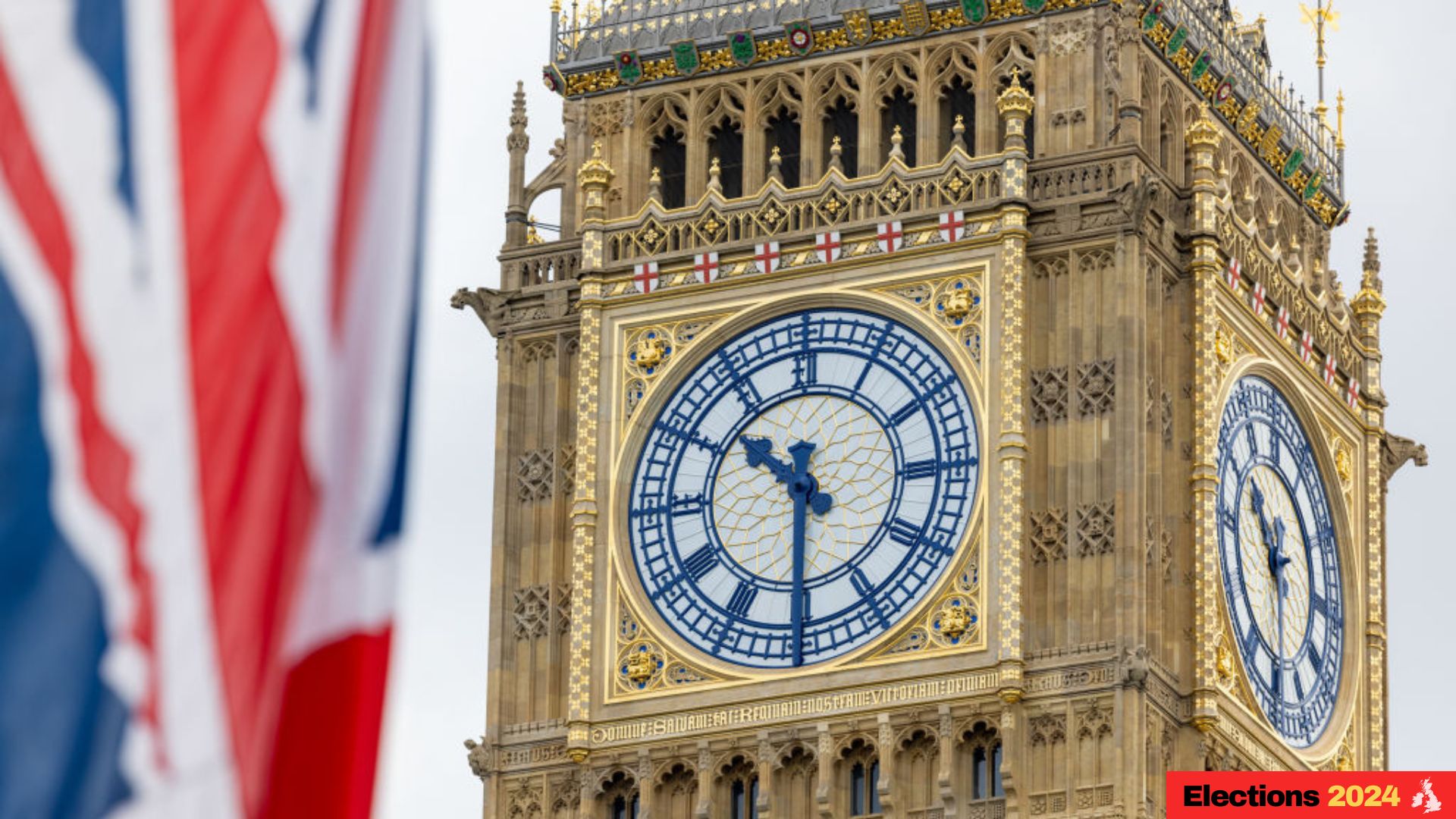
Get the latest financial news, insights and expert analysis from our award-winning MoneyWeek team, to help you understand what really matters when it comes to your finances.
You are now subscribed
Your newsletter sign-up was successful
Want to add more newsletters?

Twice daily
MoneyWeek
Get the latest financial news, insights and expert analysis from our award-winning MoneyWeek team, to help you understand what really matters when it comes to your finances.

Four times a week
Look After My Bills
Sign up to our free money-saving newsletter, filled with the latest news and expert advice to help you find the best tips and deals for managing your bills. Start saving today!
The race for 10 Downing Street is over, with the Labour Party having won the general election 2024.
Sir Keir Starmer has romped home with a 170-seat majority that should give him significant leeway to fully implement the policy agenda he set out in his manifesto. This included pledges to reform wealth taxes, boost the property market, and widen access to physical banking.
The Labour leader has now moved into 10 Downing Street after formally being appointed Prime Minister by King Charles III. He will put together a cabinet team over the coming hours, after which his government will begin to lay out its policy agenda.
MoneyWeek
Subscribe to MoneyWeek today and get your first six magazine issues absolutely FREE

Sign up to Money Morning
Don't miss the latest investment and personal finances news, market analysis, plus money-saving tips with our free twice-daily newsletter
Don't miss the latest investment and personal finances news, market analysis, plus money-saving tips with our free twice-daily newsletter
But what are the key dates you need to be aware of now the election result has been revealed? Here's everything you need to know.
When are the key 2024 general election dates?
5 July - general election result
We know that Sir Keir Starmer has formed a majority Labour government following his landslide election victory over Rishi Sunak. The key thing to look out for now is the appointment of the cabinet.
The major roles - like Chancellor of the Exchequer - will begin to be filled this afternoon, with less-important ministerial posts divvied out over the weekend. So, expect to see the likes of Rachel Reeves, Yvette Cooper, and David Lammy walking up Downing Street over the coming hours.
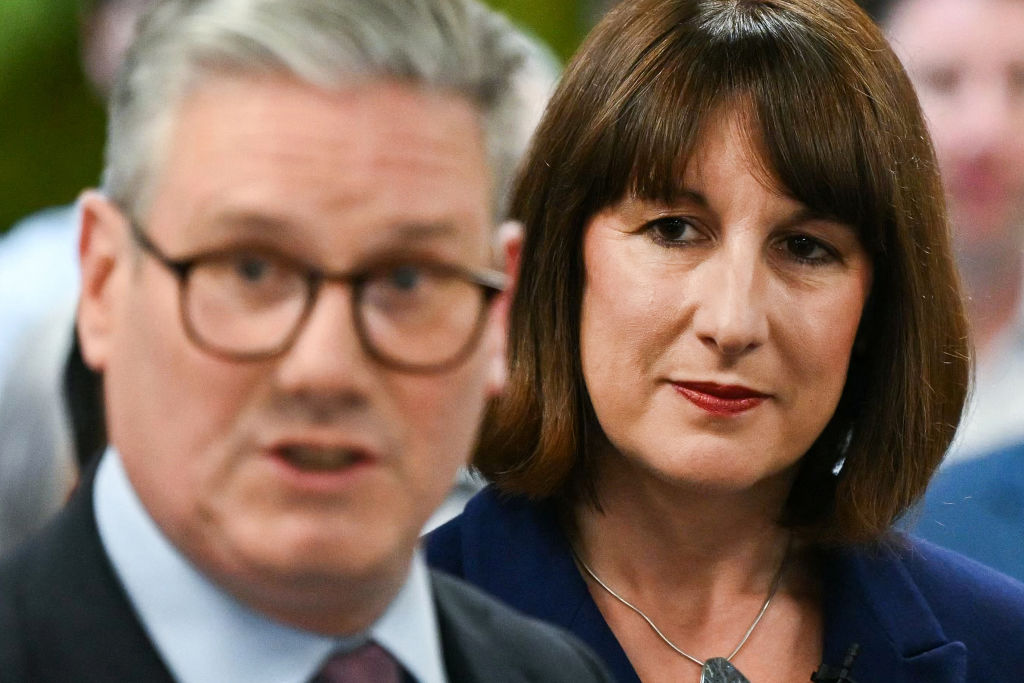
Rachel Reeves seems likely to become the next Chancellor
Tuesday 9 July
The next date for your diary is Tuesday 9 July. This is when Parliament will formally return.
MPs will line up to swear an oath to the King, before electing a speaker. The following few days will see your constituency MP learning the ropes - or getting their feet back under their old desk - before the Parliamentary calendar kicks off in a meaningful way.
Between this date and the King’s Speech (see 17 July), we may see some opposition party leaders step down from their roles. Rishi Sunak has already vacated the Conservative leadership, but has said he will remain in place until his successor is appointed by his party.
Next week, MPs will also decide who chairs the Select Committees that hold the government to account, as well as who should sit on them (parties are usually allocated committee seats depending on the number of seats they hold).
Wednesday 17 July
Wednesday 17 July will be the date when we get a full picture of what the new government’s priorities will be. King Charles will take part in the state opening of Parliament, which will see him read out the legislative agenda for the political year ahead. This speech is written by the government.
The King’s Speech is then debated by MPs over several days. We can expect to see the next government’s first bills begin to make their way through Parliament from 17 July onwards, but it could take several weeks before any meaningful change occurs.
It’s likely there will be a Parliamentary recess at some point, potentially in late-July or August. Start and end dates for this break in the political calendar have yet to be determined.
September/October
The last important post-election date you need to know about will be the new government’s first Budget - or fiscal event.
Given the market sensitivities around the Office for Budget Responsibility’s (OBR’s) assessment of the economic impact of policy announcements, there will be at least 10 weeks between the election and the date of the fiscal event. This is the amount of time it will take for the independent public body to produce its report.
Assuming the new government issues an instruction to the OBR on 5 July, the Budget or statement will not be able to take place until Friday 13 September. If the next government is superstitious, they may opt to move the Chancellor’s speech until the following week. There have been reports that Labour could wait until October to do a fiscal event.
It seems highly unlikely that either party would do a Budget without the OBR’s report. After all, it was one of the key reasons behind Liz Truss’s downfall after the calamitous mini-Budget in 2022.
Who was in power during the 2024 general election campaign?
After the dissolution of Parliament on 30 May (this has to happen 25 working days before an election), there were no MPs. Anyone who was an MP and wanted to stand again became known simply as a ‘candidate’. So, almost all constituency work ground to a halt until the polling date passed.
Despite there being no MPs, government ministers technically remained in their positions for what is known officially as the ‘pre-election period’. So, for example, Jeremy Hunt was still the Chancellor of the Exchequer up until 4 July. But there are restrictions about what ministers can do in their roles that are set out by convention.
According to the Institute for Government think tank, they aren’t meant to announce major new policies. They can act on an issue if delaying it until after the election takes place would be “detrimental to the national interest” or lead to a waste of public money. So, in theory, ministers keep things ticking along so that they - or a new government - can pick things up with as little disruption as possible after the polling date.
Government resources cannot be used for party political purposes, and ministers are not allowed to undermine the impartiality of the civil service. Announcements and communications are also restricted. Any breach of these conventions is likely to be a breach of the ministerial code, with the sanctions for breaking these ‘rules’ up to the incumbent Prime Minister.
Get the latest financial news, insights and expert analysis from our award-winning MoneyWeek team, to help you understand what really matters when it comes to your finances.
-
 Should you buy an active ETF?
Should you buy an active ETF?ETFs are often mischaracterised as passive products, but they can be a convenient way to add active management to your portfolio
-
 Power up your pension before 5 April – easy ways to save before the tax year end
Power up your pension before 5 April – easy ways to save before the tax year endWith the end of the tax year looming, pension savers currently have a window to review and maximise what’s going into their retirement funds – we look at how
-
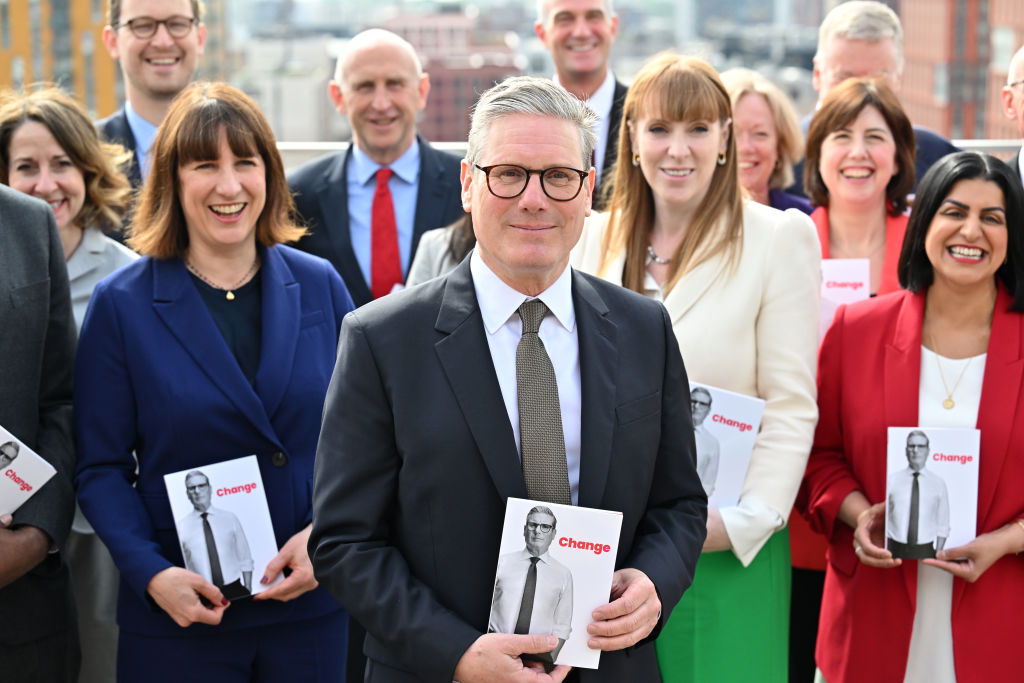 General election 2024: who’s in the Labour cabinet?
General election 2024: who’s in the Labour cabinet?A new Labour cabinet has been appointed by Keir Starmer after his party won the general election. Here’s the latest on who’s in it
-
 What does the Labour election win mean for your money? Key manifesto points after landslide
What does the Labour election win mean for your money? Key manifesto points after landslideNews The Labour election win was not as large as some polls had predicted. But the new government’s majority will mean it can enact significant changes.
-
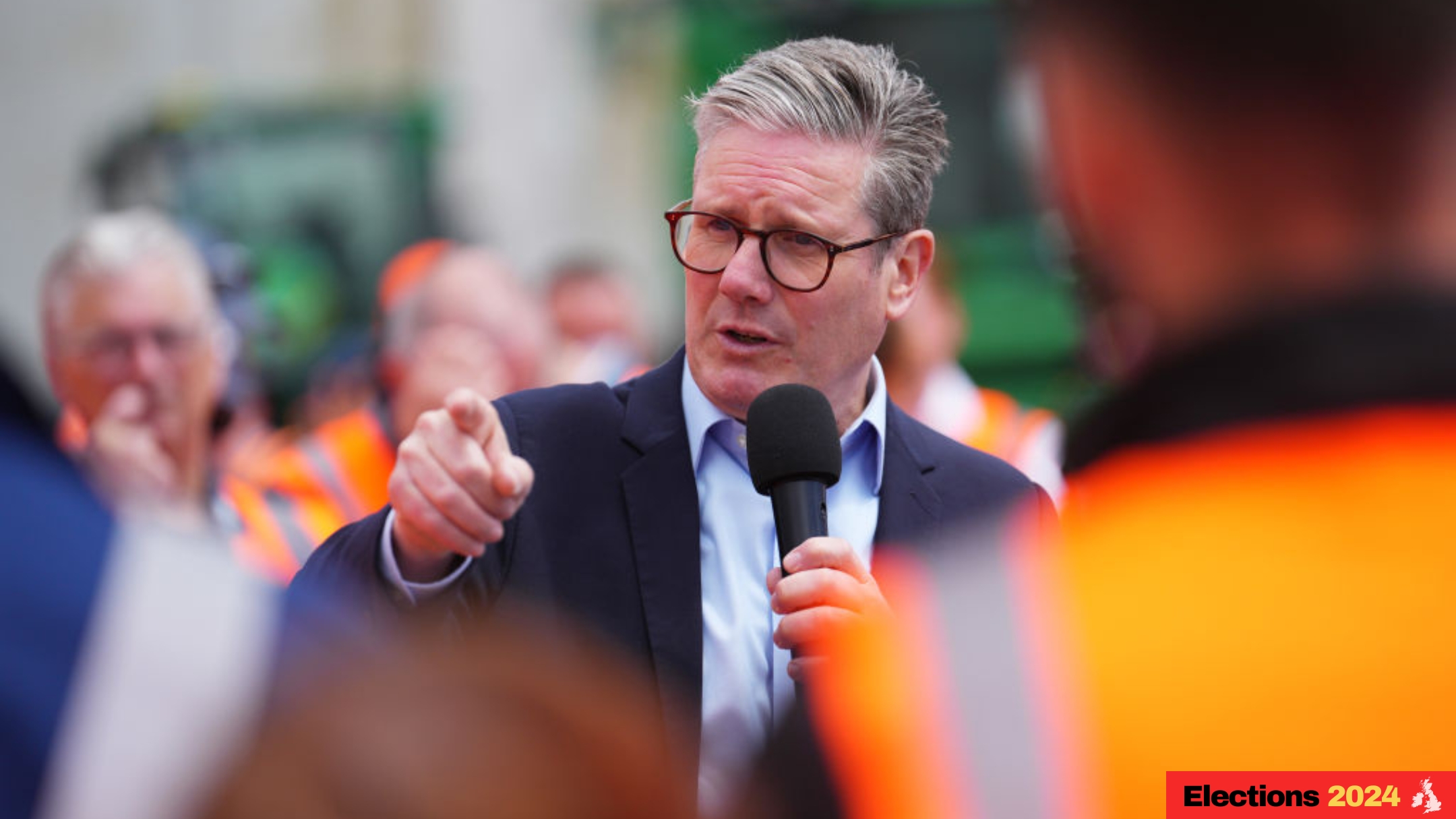 What would a Labour supermajority mean for capital markets?
What would a Labour supermajority mean for capital markets?The Conservative Party has warned that a Labour supermajority would be bad for democracy. But what impact could a big win for Keir Starmer have on the markets?
-
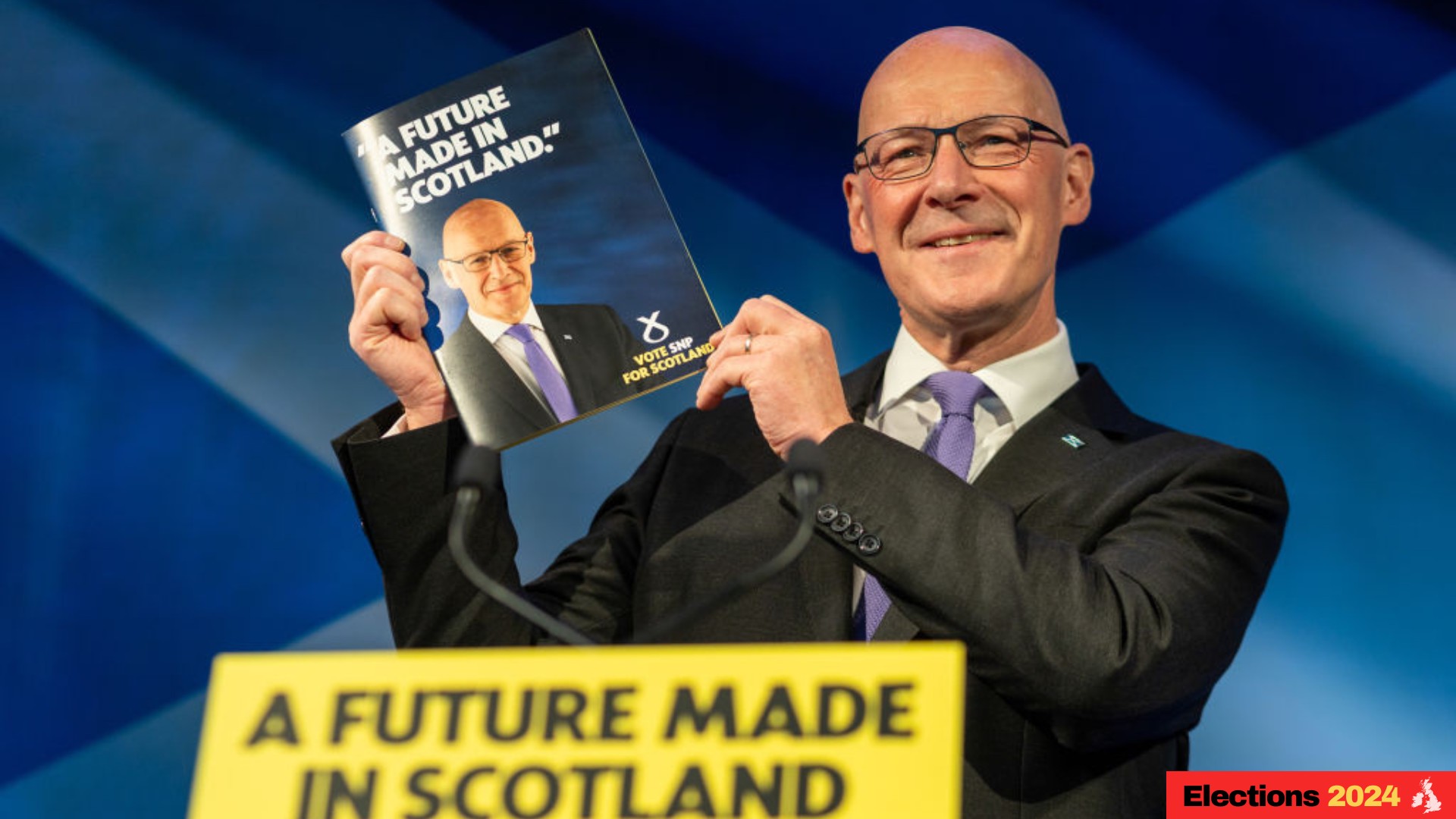 SNP manifesto 2024: what money policies did John Swinney announce?
SNP manifesto 2024: what money policies did John Swinney announce?The SNP manifesto has been launched in Scotland, and makes several key commitments, including a pledge to end austerity and a commitment to rejoin the EU.
-
 Labour pledges to open 'at least' 350 banking hubs over next Parliament
Labour pledges to open 'at least' 350 banking hubs over next ParliamentNews The Labour Party claims it will ‘bring banking back to the high street’ if it forms the next government after the 2024 general election.
-
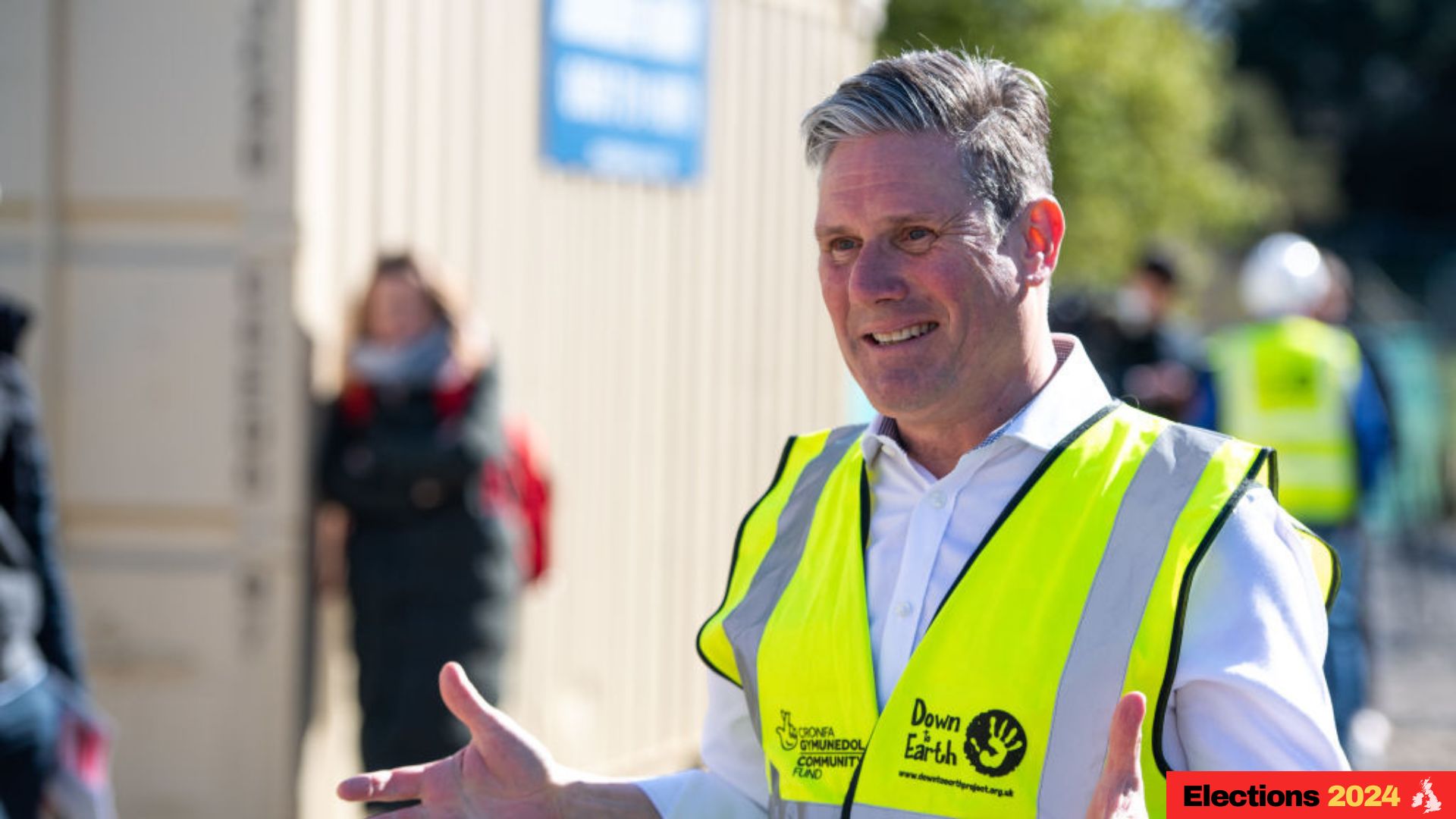 What does the Labour manifesto say about property? Key 2024 general election pledges
What does the Labour manifesto say about property? Key 2024 general election pledgesNews The Labour manifesto has made several promises around rental reforms, the leasehold system and housing market support. Here’s what a Keir Starmer government means for property.
-
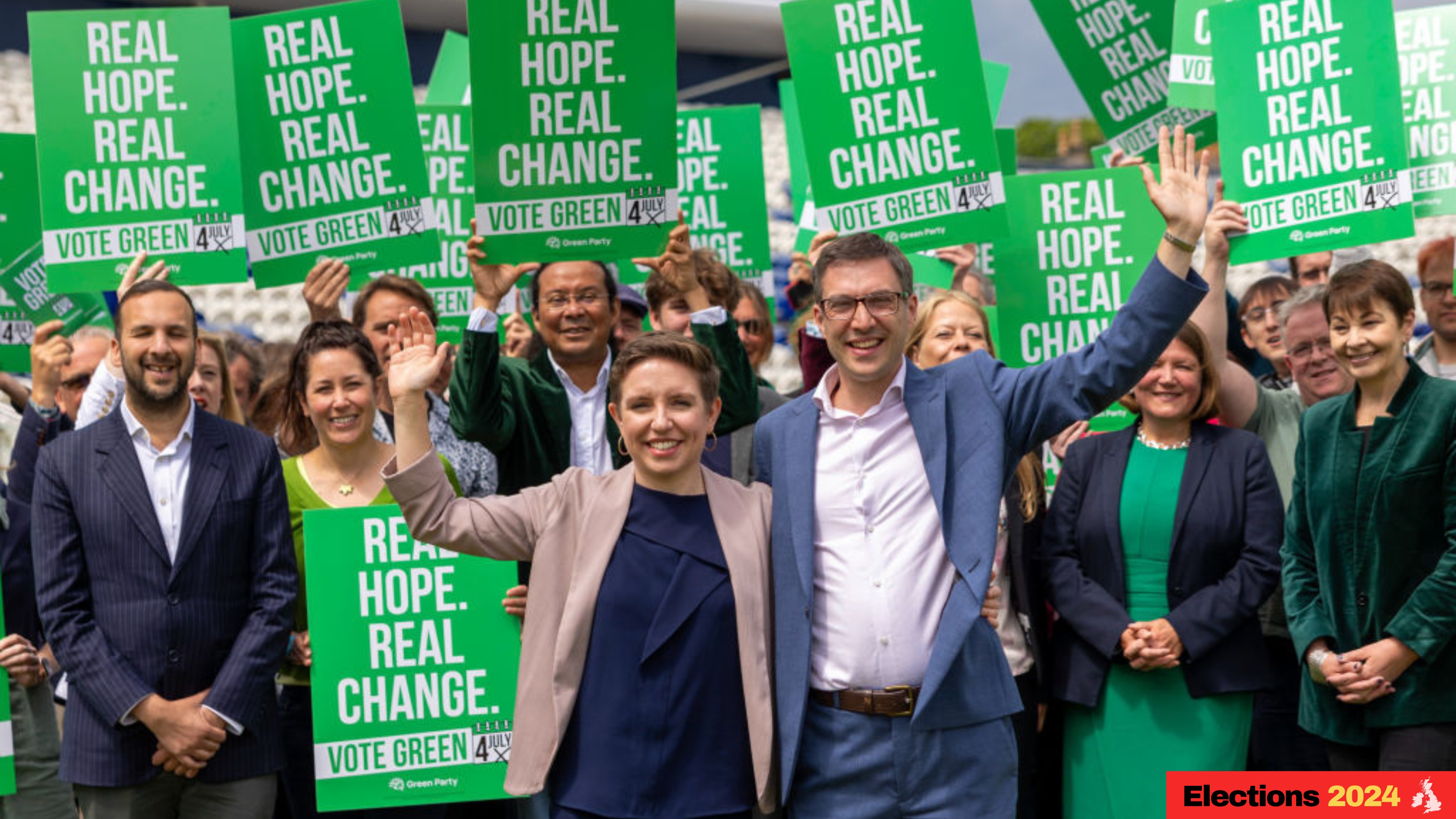 Green Party manifesto 2024: key personal finance general election policies
Green Party manifesto 2024: key personal finance general election policiesA Green Party government would introduce a wealth tax, increase National Insurance Contributions for high earners, and move towards a universal basic income.
-
 Conservatives pledge to raise high income child benefit threshold – how much could you save?
Conservatives pledge to raise high income child benefit threshold – how much could you save?News The high income child benefit charge threshold could be doubled to £120,000 if the Conservative Party wins the general election, Chancellor Jeremy Hunt has pledged.
